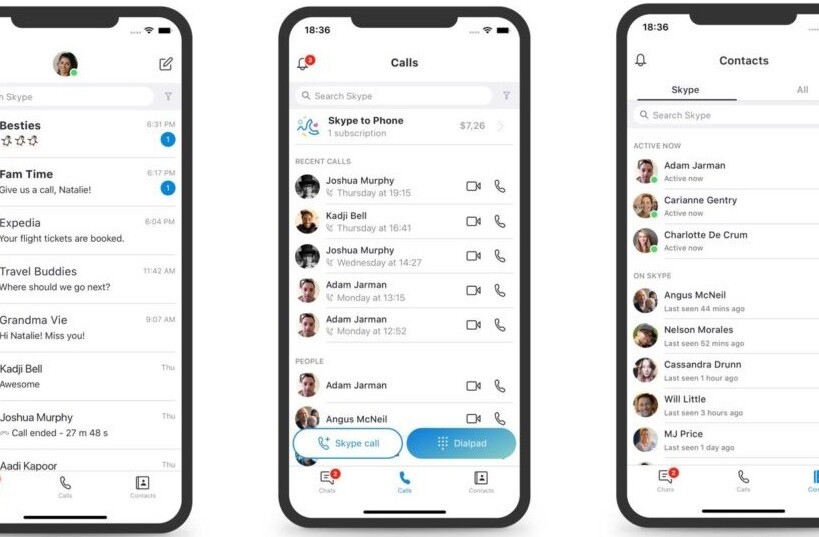
Skype has a new audio codec in the works. For users of the service, which is pretty formidable already when it comes to video and audio calls over the internet, it has one significant improvement. Crystal clear, “CD quality” sound.
Over on ‘The Big Blog’ Karlheinz Wurm, Director for Audio and Video Software at Skype, says although the new codec, known as Opus, will be launched quietly it will have a huge impact for all of its users.
If you’ll pardon the pun, Opus will make a quiet but crystal clear entry into the world – most people will take for granted the high sound fidelity when it arrives in the Skype client, through browsers and gateways, and we hope on mobile phones, game consoles and conference rooms, too.
Opus is designed to be the silver bullet, so to speak, for audio codecs. Rather than implementing a number of different codecs that support one another, which often have different licensing or pricing agreements, Wurm says you will “just need one” with Opus.
So what exactly are the advantages of switching to Opus? Well, it’s a little more than just better audio quality.
- Skype says Opus will improve audio “across the spectrum”, from narrowband mono to fullband stereo.
- Opus uses less data, making it a more efficient and favourable alternative for mobile data network operators.
- Opus uses Silk, another Skype audio codec introduced in January 2009, for voice alongside Xiph.Org’s CELT codec for music.
- Designed for the internet, Opus can adjust its operating modes as it moves between different internet connections, such as 3G and Wi-Fi.
- Skype says Opus is “versatile, efficient and smart,” and capable of operating on a wide range of bit rates, sampling rates and frame sizes.
Skype has been working on Opus since June 2009, so it’s understandable that Wurm is quite enthusiastic about launching it in the real world. He describes it as “state-of-the-art performance”; a little overboard? Not a chance if it delivers on half of the promises listed above.
Get the TNW newsletter
Get the most important tech news in your inbox each week.





